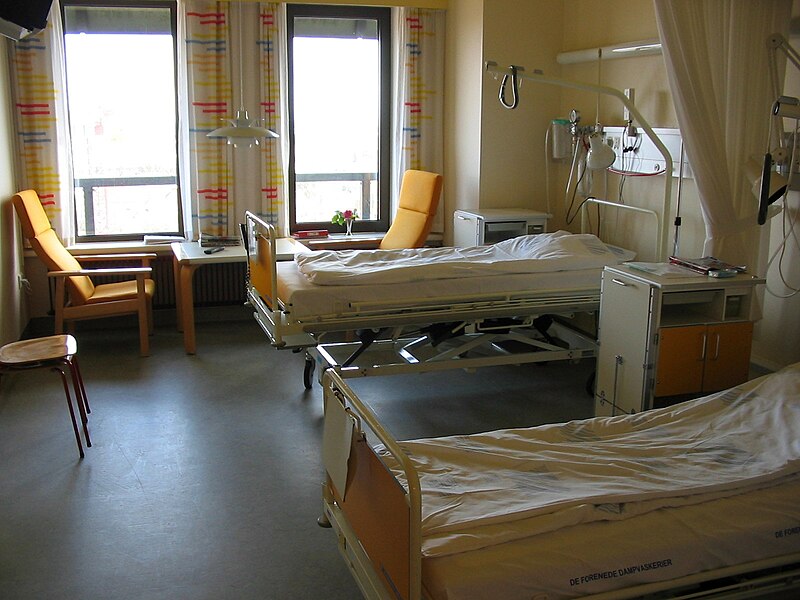 The Health Services Executive – the body responsible for managing public healthcare provision in Ireland – has just launched a guide for front-line healthcare staff entitled Health Services Intercultural Guide: Responding to the Needs of Diverse Religious Communities and Cultures in Healthcare Settings. According to the HSE website it is
The Health Services Executive – the body responsible for managing public healthcare provision in Ireland – has just launched a guide for front-line healthcare staff entitled Health Services Intercultural Guide: Responding to the Needs of Diverse Religious Communities and Cultures in Healthcare Settings. According to the HSE website it is
primarily targeted at in-patient settings including acute, paediatric, maternity, hospices, residential/community units, etc. and will be of interest to a range of staff including chaplains, mortuary staff, nurses/midwives and health care assistants.
The HSE hopes that this guide will provide healthcare staff with the necessary understanding to allow them to deal sensitively with the numerous different, mainly religious, groups who are cared for in Irish hospitals. Having quickly leafed through the guide, which is available on the HSE website here, it certainly looks to be a useful resource. It outlines the basics of what makes the different groups tick and then provides advice on how to care for them sensitively.
The guide deals with a range of religious, spiritual and cultural traditions such as Sikhism, Islam, the various flavours of Christianity, Witchcraft and groups such as the Chinese Community, Irish Travellers and Roma as well as people with no religious beliefs, which is refreshing (although sadly, there’s no section on Flying Spaghetti Monsterism).
I have a colleague who would probably have kittens at what she might regard as an attempt to distill entire cultures into a compact set of “stereotypes” but I’d probably have to disagree with her. Okay it’s impossible to completely and accurately profile 25 different groups in one 228 page document so a certain amount of generalisation is inevitable but I think it is a very useful resource all the same. Like most people, I hardly know, let alone understand, even a fraction of the groups and cultures that make up the world so any document that casts even a little light on matters has to be a good thing.
My only concern would be that having to remember so much intercultural information might get in the way of medical treatment. While the value of holistic care is widely recognised – particularly by nurses who know that you don’t just treat the illness, you treat the person – there is a risk that bureaucratizing cultural sensitivity might force medical aspects of treatment into second place, ultimately compromising patient care. All in all, though, it’s good to see the HSE taking the issue of cultural diversity seriously. Let’s hope they sort out the issue of access to qualified interpreters too!
 JodyByrne.com
JodyByrne.com